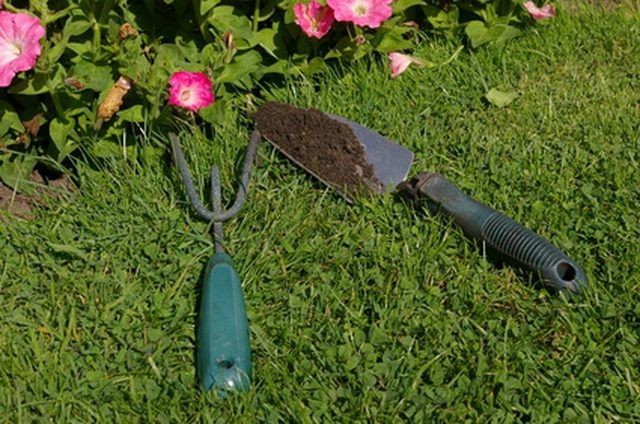Bulbs
Flower Basics
Flower Beds & Specialty Gardens
Flower Garden
Garden Furniture
Garden Gnomes
Garden Seeds
Garden Sheds
Garden Statues
Garden Tools & Supplies
Gardening Basics
Green & Organic
Groundcovers & Vines
Growing Annuals
Growing Basil
Growing Beans
Growing Berries
Growing Blueberries
Growing Cactus
Growing Corn
Growing Cotton
Growing Edibles
Growing Flowers
Growing Garlic
Growing Grapes
Growing Grass
Growing Herbs
Growing Jasmine
Growing Mint
Growing Mushrooms
Orchids
Growing Peanuts
Growing Perennials
Growing Plants
Growing Rosemary
Growing Roses
Growing Strawberries
Growing Sunflowers
Growing Thyme
Growing Tomatoes
Growing Tulips
Growing Vegetables
Herb Basics
Herb Garden
Indoor Growing
Landscaping Basics
Landscaping Patios
Landscaping Plants
Landscaping Shrubs
Landscaping Trees
Landscaping Walks & Pathways
Lawn Basics
Lawn Maintenance
Lawn Mowers
Lawn Ornaments
Lawn Planting
Lawn Tools
Outdoor Growing
Overall Landscape Planning
Pests, Weeds & Problems
Plant Basics
Rock Garden
Rose Garden
Shrubs
Soil
Specialty Gardens
Trees
Vegetable Garden
Yard Maintenance
The Differences Between Compost and Manure
The Differences Between Compost and Manure. Gardeners use many materials to encourage the growth of foliage and the development of fruit. Fertilizers of different proportions of nitrogen, phosphorus and potassium are often recommended. For those who prefer more natural soil conditioning and fertilizing agents, compost and manure are among the first...

Gardeners use many materials to encourage the growth of foliage and the development of fruit. Fertilizers of different proportions of nitrogen, phosphorus and potassium are often recommended. For those who prefer more natural soil conditioning and fertilizing agents, compost and manure are among the first choices. These two material are totally organic, relatively inexpensive, and do not hurt the environment when they run off into nearby streams and rivers. While both are effective as soil amendments, they are formulated--and used--differently.
What Is Compost?
Compost is the product of decomposed organic material. It is a fluffy, humus-like material that is the end result of a specific method of processing yard trimmings, wood chips, paper products, and other materials. Compost is created by natural decomposition and chemical processes. Adding compost supplies nutrients that are essential for plant growth. Compost is also a good soil amendment, adding density, increasing porosity and reducing compaction.
How Is Compost Made?
A bin or container is used to hold the composting ingredients. For backyard gardeners, a 3-by-3-by-3-foot container that allows air to circulate is sufficient. A mixture of brown agents like dried leaves, twigs or straw is added to a mixture of green ingredients like grass clipping, kitchen scraps or coffee grounds in a 2 to 1 ratio. This mixture is kept moist to about the consistency of a wrung-out sponge, the mixture is turned regularly. Turning it will prevent it from creating foul odors. When this mixture looks and smells like rich topsoil, it is ready to be used in the garden.
What Is Manure?
Manure contains feces, urine, spilled feed, bedding and runoff from livestock. It also improves soil texture, aeration, water filtration ability and ability to hold moisture. Manure must be processed to remove E. coli and other contaminants so that it is safe to use. This can be done commercially with heat, or it can be done through a composting process in which the manure is mixed with straw or animal bedding and allowed to heat to 130 to 150 degrees Fahrenheit. It must cure for 45 to 60 days before using.
What Are the Best Sources of Manure?
Chicken manure is considered a rich source of nutrients. Steer manure is less nutrient-rich. Cat, dog and pig manure should be avoided because parasites can be transmitted.
How to Use Compost in the Garden
Compost is effective in gardens as a mulch material on the surface. It can also be worked gently into the topsoil to improve texture and moisture holding ability. If it is laid on top of lawns, it settles into the soil.
How to Use Manure in the Garden
Processed manure is added to garden soil by spreading it on the surface or working it gently into the soil.